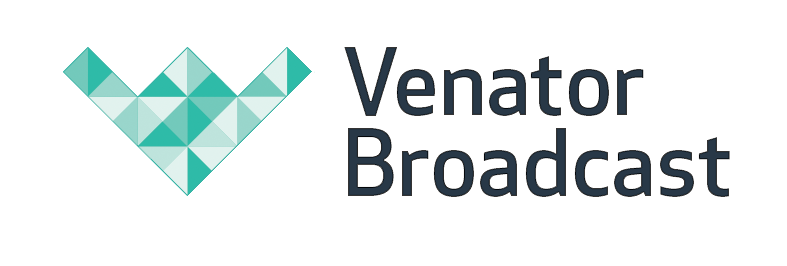When It Comes To A Job Interview - You Can Never Be Too Prepared....
It doesn’t matter if your new to the job hunting world or if you have had a lot of previous practise being the interviewee, doing thorough research and preparation on your potential new company is vital in order to help guarantee you success with your interviews. Attempting to ‘wing it’ will not do you any favours… trust us, we know.
Research, Research, Research
So with that in mind here are some things you need to know and what you should be preparing for:
Aside from giving you an insight into the role and organisation, decent interview preparation will also help you give you that all important self confidence too. But what are the specific preparation steps you should be carrying out, here are a few things we think are the most important to cover:
1 - Research The Company
2 - Look Up Your Role
3 - Find the Address
4 - Plan your outfit
5 - Start thinking of potential questions your interviewer may ask you
6 - prepare some questions you could ask at the end of the interview.
Days leading up to the Interview:
Research your company: Interviewers expect their candidates to have a good grasp of what their organisation does, this means that doing effective research is essential.
Try and consider all the aspects such as how big the company is, who their customers are, who they see as their direct competitors and also any recent developments or plans within the company which they have made public. Having this knowledge, you will then be able to add extra value to the conversation with your interviewer, whilst showing a genuine interest in what they do.
Read the job description again, again and again: When it comes down to interview preparation, the job description is going to be your best friend here.
Not only will it provide you with all the duties and personal qualities required for the job but also give you the best understanding of what the job role entails, it will also help you recognise exactly what your potential employer is looking for.
It’s when you have this information you can tailor your answers accordingly, coming up with tangible examples which prove you are the best candidate for the role
Figure Out The Format
Interviews can take a number of different forms, you can have a one-on-one in an office all the way through to full assessment days. You should be aware of what type of interview you are about to attend as each one will require a different type of preparation.
Finding out who your interviewer is going to be will also give you an upper hand. Take some time researching their roles within the organisation, this will help to reduce any surprises on the day. You can find this information on the company website but also LinkedIn too.
Don’t Be Afraid To Write Notes
Unfortunately no one is able to predict every interview question that will come your way.
Instead of trying to memorise answers you’ve through about before, don’t be afraid to take notes and bring them in with you. List all of your relevant skills, attributes and work experience as each question which you have to address will be a new opportunity to provide some of this information to the interviewer.
The Day Before The Interview:
By this stage you should have the bulk of your preparation done already, but this doesn't mean there is nothing to do the day before.
Have a checklist of a few things to have done before the day arrives:
Have your outfit tried on, washed and ironed
Find the exact location on a map and have it ready on your phone
Do a trial run in order to check journey time and where the building is
Collect all important information into a folder such as your CV, certificates and any other examples of work or qualifications which you might be asked about.
Read and review all of the research you have been doing.
Sorting out all of the above in good time just means there will be less stress the day of the interview.
The Day Of The Interview:
At this point you should be feeling as prepared as you possibly can be.
Aim to arrive at least 15 minutes before your scheduled interview time and make sure you have your interviewers contact information or phone number of the company just in case you are going to be late.

